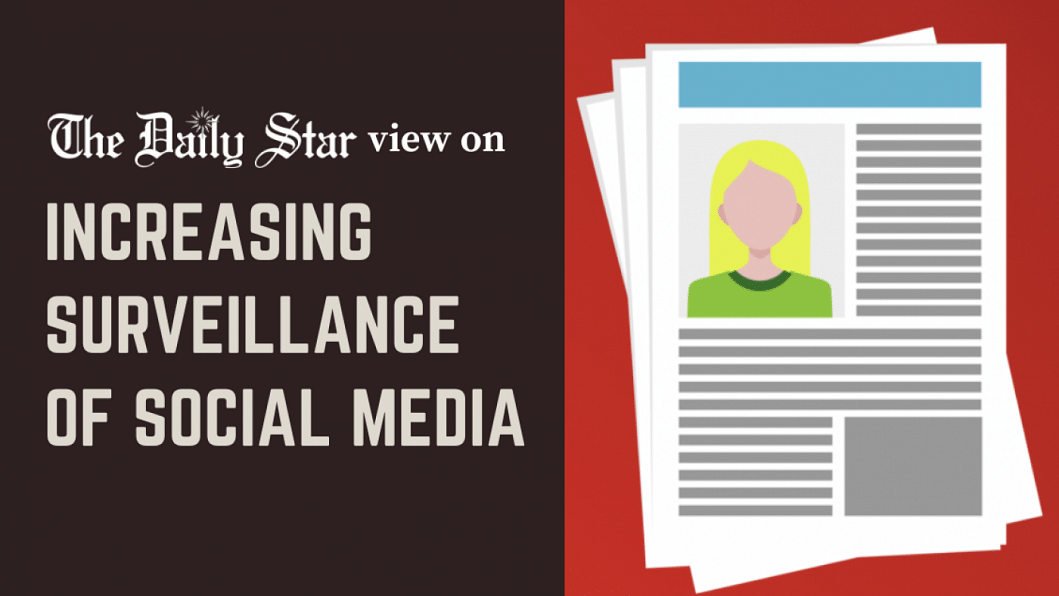What about citizens' right to privacy?

The home minister's statement in parliament that the government has taken the initiative to launch an "Integrated Lawful Interception System" to monitor social media is as chilling as it gets. It appears to be part of ongoing efforts to increase the government's surveillance capacity to "prevent anti-state and anti-government activities". The legal cover potentially serves as a protection against any legal challenges in this regard. Moreover, we're told that modern technology like Open Source Intelligence Technology (OSINT) has already been included in the arsenal of the National Telecommunication Monitoring Centre (NTMC) for the same purpose.
There is nothing to rejoice at the vibe coming off the floor of parliament. Publicly acknowledged or not, any effort by state actors to intercept communications lends itself to the suspicion, by now well-justified, that it might be abused. The gap between interception and legal interception has always been thin and at times blurred. And when terms like "anti-state" and "anti-government" – which, in Bangladesh, have been mostly a byword for political repression – are thrown around to justify it, we have more than enough reasons to be wary of such initiatives.
The home minister says that there are local and foreign conspiracies afoot that must be thwarted to protect the interests of the country. We can't argue against that. But "anti-government" is not necessarily "anti-state", and "anti-state", without a clear, acceptable definition, has been known to be used interchangeably with the former to muzzle the voices of critics. Citizens would like to have the assurance that this will not be repeated. They would like to have a clear picture of said conspiracies – which is seldom given, however – and a reliable, transparent mechanism to deal with that.
Unfortunately, while the government seems keen to increase its surveillance capacity, it doesn't seem to believe that gaining public trust in the process is as important. Last week, Haaretz, an influential Israeli newspaper, reported that Bangladesh had purchased advanced surveillance equipment including a "Vehicle Mounted Mobile Interceptor" from an Israeli company, despite the two countries having no diplomatic ties. One can hardly expect any accountability of the use of spyware collected through such dubious methods. The new interception system adds to the government's growing arsenal of surveillance tools. It can, using OSINT, track mobile and land-line phones to identify/locate suspects. It has devices for remote interception of calls, content blocking and filtering, etc.
So much effort to increase digital surveillance – but what about people's right to privacy? Where is the initiative to protect and promote it? Even if used for a public purpose, can citizens trust that these tools and systems will be handled responsibly without encroaching on our fundamental rights? The government must answer these questions, and must be very convincing in that. There is already deep-seated resentment against its handling of social media rights and issues, because of repressive laws and practices. It must try to improve the situation.

 For all latest news, follow The Daily Star's Google News channel.
For all latest news, follow The Daily Star's Google News channel. 







Comments